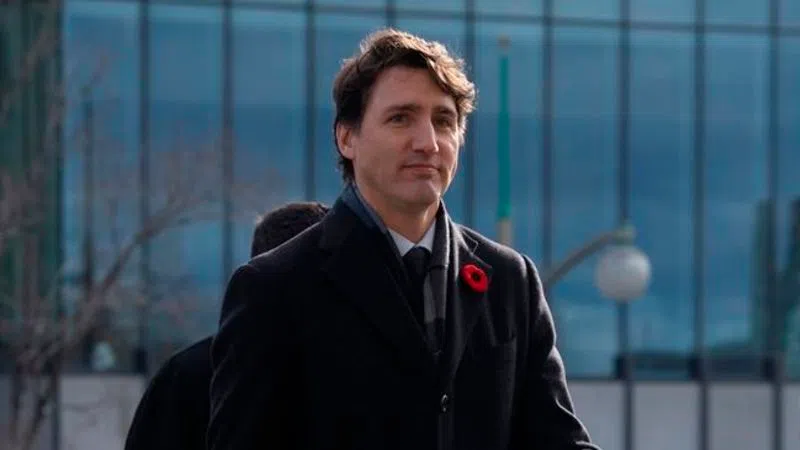
Trudeau defends NATO as French president warns of alliance’s ‘brain death’
OTTAWA — Prime Minister Justin Trudeau is defending NATO after France’s president suggested a lack of U.S. leadership is causing the 70-year-old military alliance’s “brain death.”
Trudeau, who met Thursday with re-elected, newly elected and defeated Liberal MPs on Parliament Hill, said NATO continues to play an important role in bringing Canada and its allies together in the name of collective security and shared values.
Canada is a founding member of the North Atlantic Treaty Organization, which was created in 1949 in response to threats from the Soviet Union and remains one of this country’s most important military alliances.
NATO’s membership also includes France and the U.S., with all members having pledged that an attack on one is an attack on all.


